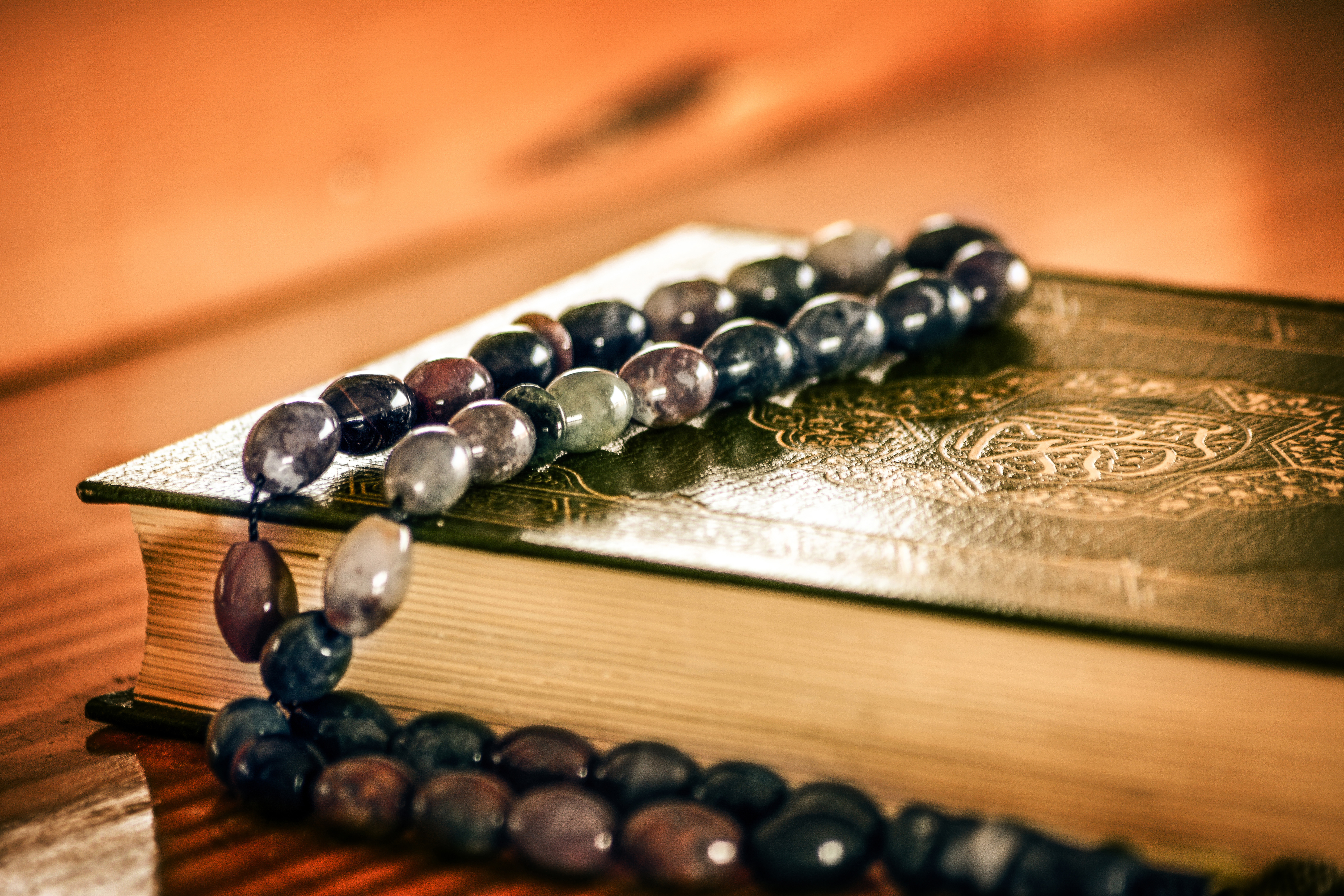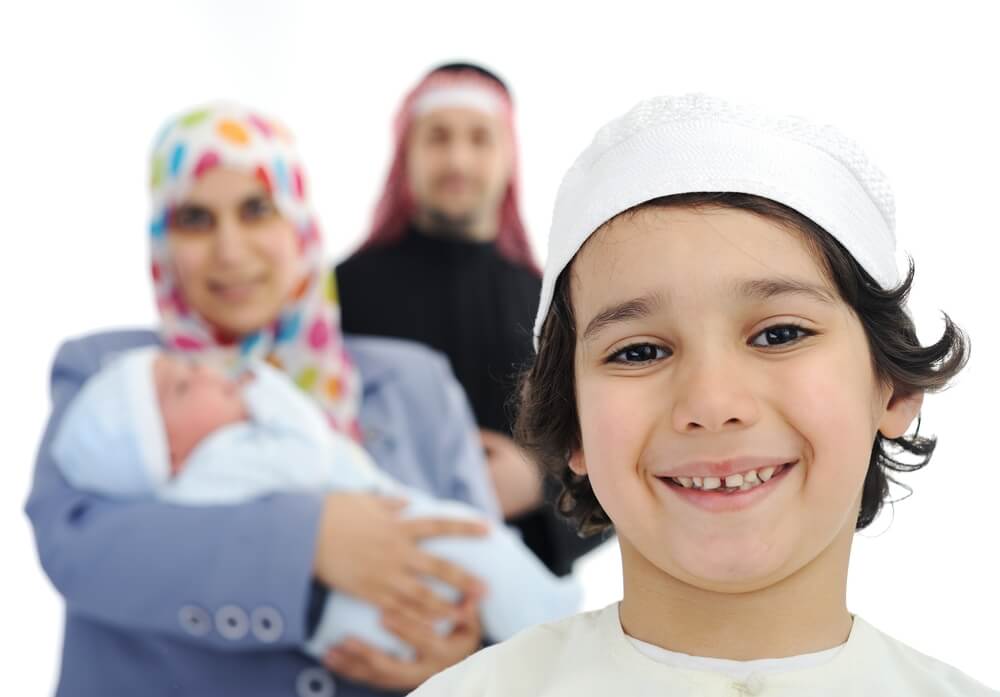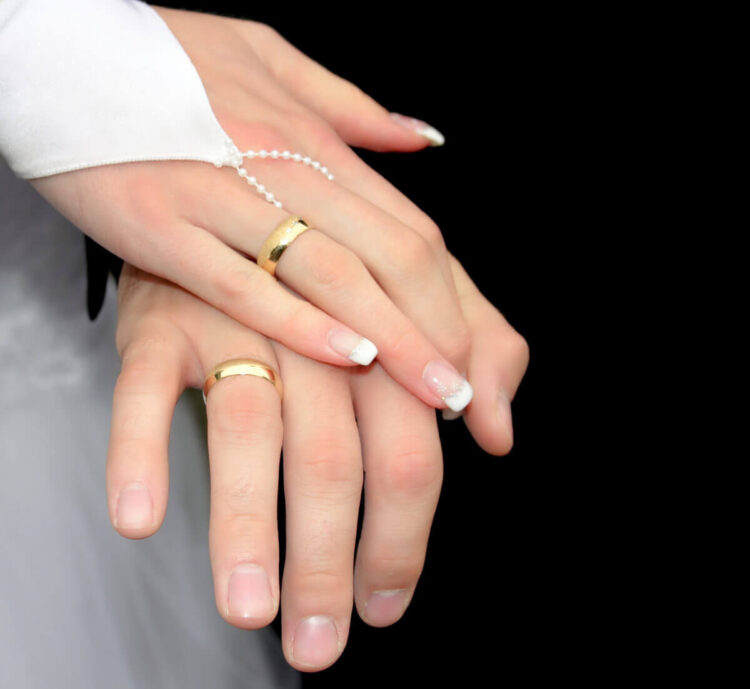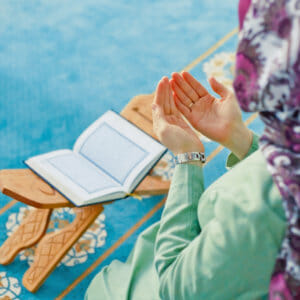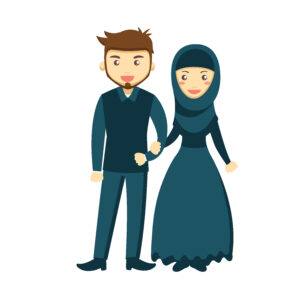Meaning of hajj
The literal meaning of “Hajj” is to plan and in Shariyah terminology it means to stop at ‘Arafaat (near Makkah where the major rite is performed) after adopting “Ehraam” and to perform circumambulation of “Ka’bah” (the House of Allah). A particular time is fixed for the performance of these rites. and is only effective if these worships are performed on time.
History of Makkah
After building the Ka’bah, Prophet Ibrahim came to Mekkah every year to perform Hajj and after the death of Hazrat Ibrahim, his son Hazrat Ismail (AS) carried this practice. In 9th Hijri, it was made obligatory and 300 Muslims were sent with Hazrat Abubakr Siddique (RA) to Makkah to perform Hajj. In 10th Hijri, Prophet Muhammad (PBUH) declared that he would accomplish Hajj that year and he directed thousands of Muslims to Hajj and explained to them how to perform it. This is called Hajj al Wadaa’ or Farewell Hajj as it was the last and first Hajj of Prophet Muhammad (PBUH).
Hajj obligations
Any Muslim either man or woman fulfilling the following criteria has a religious obligation to perform Hajj once in a lifetime.
- Muslims must have attained puberty almost girls 9 years of age and boys 15 years of age.
- One must be A’Aaqil, which means being healthy, stable, and of sound mind.
- Free from the burden.
- Must be healthy.
- Have enough time to travel to Makkah and perform Hajj within the required days.
- To perform one must have enough funds for traveling and forbearing all Hajj expenses, as well as have enough money so that when he returns he is able to make his living and maintain himself and his dependents during Hajj and after it.
The journey to Hajj and returning from it must not involve any danger to the security of his life, wealth, and family and one planning to go to Hajj must be healthy. If he is unwell or old or has any other justifiable excuse Hajj would not be Wajib on him.
The performance of Hajj is WAJIB-E-FAURI and when all the above-mentioned circumstances are satisfied, Hajj turns out to be Wajib instantly. To delay it without any real cause is the major sin. When one has Istita’ah, Hajj must be performed in the same year, and its obligation continues in the following years also until it has been performed.
Hajj al-Badal
Hajj that is performed on the behalf of any other person is called ‘Hajj Al-Badal’. It can be performed on behalf of dead people, it can even be accomplished in the place of live people who are weak or old. But the condition to perform is that the one who has to perform Hajj on behalf of another person should have performed his Hajj before; if he has not performed his own Hajj before, he is not able to perform Hajj on behalf of others.
Pillars of Hajj
-
Ihram
To wear Ihram is the plan of starting the Hajj. The Prophet (PBUH) said:
“Intentions are what count in deeds, and every person will be rewarded according to his intention.”
There are specific timing for wearing Ihraam as in the Holy Quran:
“Hajj is [among] well-known months, so whoever has made Hajj compulsory upon himself there in [by entering in the state of Ihraam], there is [to be for him] no sexual terms, disobedience and no arguing during Hajj.” [Quran 2:197].
So, Start Ihraam from the Meekaats.
- Tawaf
Tawaaf is to walk seven times around the Ka’bah in an anti-clockwise track. Allah (SWT) says,
“Then let them complete the rites prescribed for them, perform their vows, and (again) circumambulate the Ancient House.” (22:29)
-
Saye between Safa and Marwa
Saye is to walk between the hills of Safa and Marwa back and forward with the aim of offering this act for the obedience of Allah. Allah (SWT) says,
“Behold! Safa and Marwa are among the Symbols of Allah. So if those who visit the House in the Season or at other times, should compass them round, it is no sin in them. And if any one obeys his own impulse to Good, be sure that Allah is He Who recognizes and knows.” (2:158)
-
Departure to Mina
Haj is continued towards Mina after the sunrise. People complete the Talbiyah, as much as they can. One has to spend prayers of Zuhr, Asr, Maghrib, Isha, and the night of eight Zil Haj in Mina.
-
Staying at Arafah
On 9th of Zilhaj after offering Fajr prayer in Mina hajis go to Arafat. A decline of sun wuquf-e- Arafat starts and ends at the sunset. It is better to perform Wuquf in a standing position, but it is permissible to sit as well. This whole time is spent in reciting Talbiyah, repenting on sins, saying prayers, and asking Allah (SWT) for His forgiveness. At Zuhr time, Zuhr and Asr prayers are offered together, if prayed in Masjid-e-Namrah, and, if one is away from Masjid-e-Namrah he offers zuhr and asr prayers separately.
-
Muzdalifah
When the sun sets without offering Maghrib prayer, hajis progress to Muzdalifah reciting prayers and Talbiyah. At the time of Isha, Maghrib and Isha prayers are offered together. There are one Iqamah and one Azhan for both prayers. Muzdalifah Night is a blessed night, which is spent in reciting prayers, Quran, and Talbiyah. Stones of the size of chickpeas are also collected in order to perform Ramy (stoning the Shaytan) in Mina. Two Rakat Sunnah are offered at Fajr prayer before Farz and Waqif.
-
Ramy Jamarat
On the 10th of Zilhaj, hajis throw seven stones at Jamrah-Aqabah one after the other. Talbiyah is stopped when hajis hit the first stone.
-
Eid ul Adha
Eid-ul-Adha is celebrated across the globe on the 10th of Zilhaj. Eid prayers are offered any time after the sun completely rises but before the Zuhr time. The Hazrat Ibrahim sunnah of preparation for Eid-ul-Azha prayer includes- offering Fajr prayers and wearing new or best clothes available.
Three days the 10th, 11th, and 12th of Zil haj are nominated for sacrificing an animal. It can be done anytime during day and night. Sacrificing animals with one’s own hands and distributing the meat among family and deserving people is a Sunnah of Allah’s (SWT) Messenger (PBUH). (Bukhari)
Halq (shaving) and Qasr (cutting of hairs and nails) are done after the sacrifice. If the sacrifice is carried out, Halq and Qasr will also be postponed. After Halq and Qasr, bans of Ihram are lifted, except husband and wife private relation which is only permissible after Tawaf-e-Ziarah.
-
Tawaf-e-Widah:
After Hajj, it is compulsory on hajis to perform farewell tawaf that is Tawaf-e-Wida. This tawaf is performed when hajis are leaving Makkah for their homeland.
-
What to do on Eid day
- It is the sunnah of Prophet Muhammad (PBUH) to not eat anything on Eid ul Adha till the Eid Prayer and the sacrifice.
- Recite the Takbiraat loudly while going for Eid Prayer and also when coming back.
- Use different ways to reach the place of the Eid Prayer.
- Prophet Muhammad (PBUH) encouraged all Muslim women even one in monthly impurity to come out for Eid prayers but If they don’t have a covering, they should borrow it from someone while women in monthly impurity should stay away from the Musallah. (Bukhari 15:96)
- It is good to offer the sacrifice at the place of Eid Prayer.

